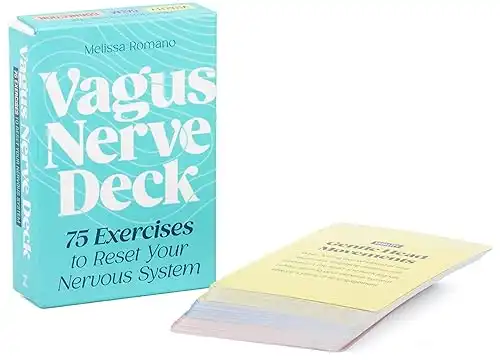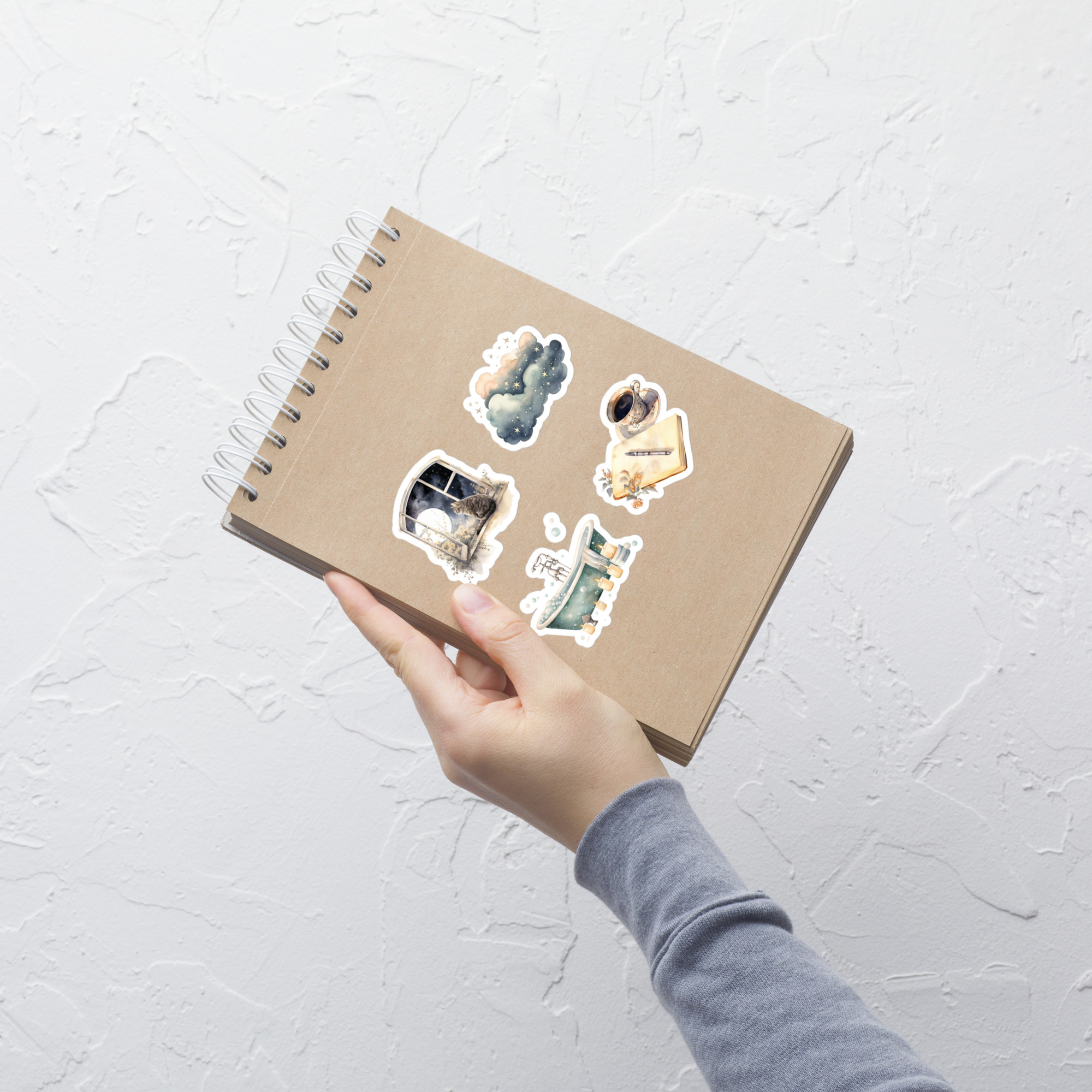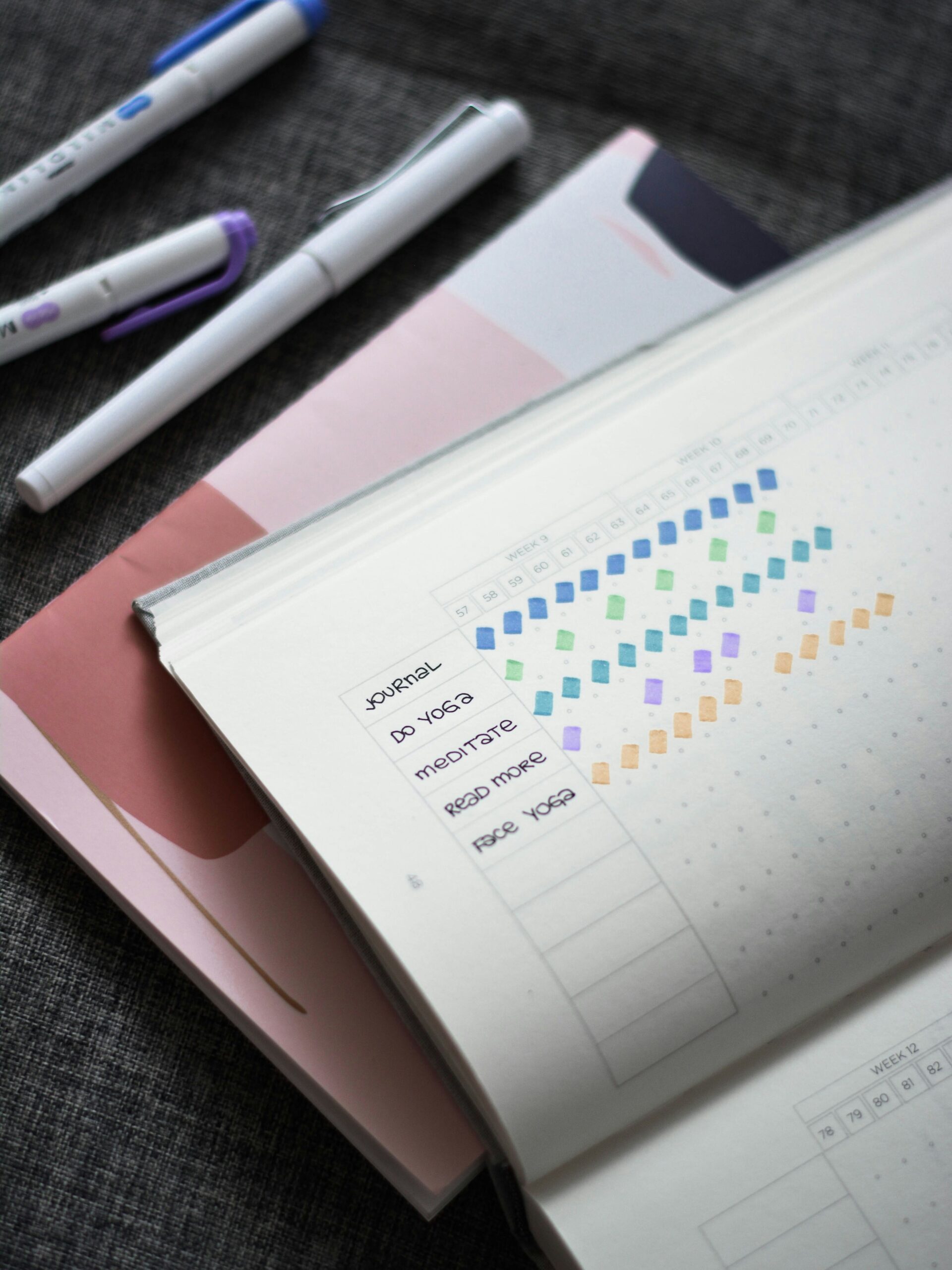Nervous System Balance: 17 Powerful Habits You Need Now (2025 Guide)
Did you know that 83% of women between 25-40 report experiencing chronic stress and anxiety in their daily lives? I understand because I’ve been there too! Your body’s stress response system isn’t broken – it’s actually doing exactly what it’s designed to do. The good news? You can help your nervous system find its way back to balance through intentional lifestyle habits. Let’s explore evidence-based, holistic approaches that fit into your busy life.
Understanding Your Nervous System’s Role in Stress & Anxiety
Think of your nervous system as your body’s master control center. Like a sophisticated security system, it’s constantly scanning your environment for signs of danger or safety. When you’re dealing with chronic stress and anxiety, this system can become a bit overzealous in its protection duties.
Your autonomic nervous system has two main branches: the sympathetic (fight-or-flight) and parasympathetic (rest-and-digest). In our fast-paced world, many of us are stuck in sympathetic overdrive. This means your body is constantly preparing for danger, even when you’re safe at home scrolling through Instagram or trying to sleep.
Signs that your nervous system might be dysregulated include:
- Racing thoughts and difficulty concentrating
- Trouble falling or staying asleep
- Digestive issues
- Frequent anxiety or panic symptoms
- Feeling wired but tired
- Difficulty relaxing or “shutting off”
- Heightened startle response
- Irregular appetite
The mind-body connection plays a crucial role here. Your thoughts and emotions directly impact your nervous system state, and vice versa. This interconnection is both a challenge and an opportunity – it means that by changing your physical state, you can influence your mental state, and the other way around.

Foundation Habits for Nervous System Balance
Let’s start with the basics – the everyday habits that create a foundation for nervous system balance.
1. Breath Work: Your Built-in Relaxation Tool
Your breath is like a remote control for your nervous system. Deep, slow breathing activates your vagus nerve, which is the superhighway of your parasympathetic nervous system. Try this simple practice: inhale for 4 counts, hold for 4, exhale for 6, hold for 2. Repeat for 5 cycles whenever you need to reset.
2. Sleep: Recovery Time For Nervous System Balance
Quality sleep is non-negotiable for nervous system healing. Create a consistent sleep schedule by:
- Going to bed and waking up at the same time daily
- Creating a dark, cool sleeping environment
- Avoiding screens 1-2 hours before bed
- Developing a calming bedtime routine
3. Movement: Speaking Your Body’s Language
Regular movement sends safety signals to your nervous system. Focus on activities that feel good rather than pushing to exhaustion. Gentle yoga, walking in nature, and dance are particularly effective for regulation.
4. Nutrition: Feeding Your Nervous System
Your nervous system needs specific nutrients to function optimally:
- Magnesium-rich foods (dark leafy greens, nuts, seeds)
- Omega-3 fatty acids (fatty fish, flaxseeds, chia seeds)
- B-complex vitamins (whole grains, eggs, legumes)
- Protein for neurotransmitter production
- Antioxidant-rich foods for nervous system protection
5. Hydration: The Often Overlooked Essential
Dehydration can trigger anxiety-like symptoms. Aim to drink half your body weight in ounces of water daily. Add electrolytes if you’re active or live in a warm climate.
Daily Practices for Calm & Balance
6. Morning Routine for Nervous System Success
Start your day with practices that set a regulated tone:
- Gentle stretching or yoga before checking your phone
- 5 minutes of conscious breathing
- Exposure to natural light within 30 minutes of waking
- A nourishing breakfast
- Brief meditation or mindfulness practice
7. Mindful Technology Use
Our devices can trigger low-level stress responses. Implement these boundaries:
- Designated phone-free times
- Social media time limits
- Notifications off except for essential communications
- Regular digital detox periods
8. Restorative Breaks
Schedule mini-resets throughout your day:
- 2-minute breathing breaks between tasks
- Short outdoor walks
- Quick stretching sessions
- Mindful tea breaks
- Brief meditation moments

9. Evening Wind-Down Practices
Create a transition from day to night with these peaceful evening rituals:
- Dim lights after sunset
- Gentle stretching or yin yoga
- Relaxing bath or shower
- Journaling or reading
- Calming tea (chamomile, lavender, or passionflower)
Environmental Factors That Impact Nervous System Balance
Your environment plays a crucial role in nervous system regulation. Consider these factors:
10. Creating a Calm Home Environment
- Declutter regularly to reduce visual stress
- Incorporate calming colors and natural materials
- Add plants for better air quality and biophilic benefits
- Create dedicated relaxation spaces
- Use essential oils or natural scents for aromatherapy

11. Light Exposure
Natural light exposure helps regulate your circadian rhythm:
- Get morning sunlight when possible
- Use blue light blocking glasses in the evening
- Install dimmer switches or use lamp lighting at night
- Consider a SAD lamp during darker months
12. Sound Therapy
Strategic use of sound healing can calm your nervous system:
- White or pink noise for focus
- Nature sounds for relaxation
- Binaural beats for specific brain states
- Classical music for stress reduction
Building Social Connections That Support Regulation
Humans are social beings, and healthy relationships are crucial for nervous system regulation.
13. Creating Safe Relationships
- Identify and nurture relationships that feel supportive
- Practice vulnerability with trusted friends
- Join communities with shared interests
- Regular check-ins with loved ones
- Consider working with a therapist or coach
14. Setting Healthy Boundaries
- Learn to say no without guilt
- Communicate your needs clearly
- Honor your energy limits
- Create space between work and personal life
- Respect your own time and resources
Advanced Techniques for Deep Regulation & Nervous System Balance
Once you’ve mastered the basics, explore these advanced practices:
15. Somatic Experiencing For Nervous System Health
- Body scanning practices
- Tension and release exercises
- Emotional release techniques
- Movement integration
- Trauma-informed practices
16. Cold Exposure For Nervous System Balance
Start gradually with:
- End showers with 30 seconds of cool water
- Gradually increase duration and decrease temperature
- Consider ice baths or cold plunges
- Always respect your body’s limits
17. Heart Rate Variability Training
- Use apps or devices to track HRV
- Practice coherence breathing
- Regular HRV biofeedback sessions
- Track progress over time
Conclusion
Remember, healing your nervous system is a journey, not a destination. By implementing these lifestyle habits consistently and compassionately, you’re taking powerful steps toward lasting balance. Start with just one habit that resonates with you – even small changes can create meaningful shifts in how you feel.
Listen to your body’s signals and adjust these practices to fit your needs. Some days you might need more active regulation, while others call for gentle support. The key is building a flexible toolkit of habits you can draw from as needed.
Ready to begin your journey to more calm and resilience? Your future self will thank you for starting today. Choose one practice from this guide and commit to it for the next week. Notice how your body responds and adjust accordingly.
Remember, you’re not alone in this journey. Millions of women are walking this path of nervous system healing alongside you. Take it one day at a time, celebrate small wins, and trust that each step forward, no matter how small, is progress.
Want more support on your healing journey? Sign up for our newsletter to receive weekly tips, practices, and inspiration for nervous system regulation.
The Somatic Journal
$5.99
Find your way back to feeling clear, connected, and whole with The Somatic Journal – your daily companion for understanding anxiety and stress through gentle movement, meditation, and guided reflection. This printable journal helps you decode your body’s signals, release tension, and transform unexplained symptoms into meaningful insights. Start your journey back to yourself today.
















Reviews
There are no reviews yet.